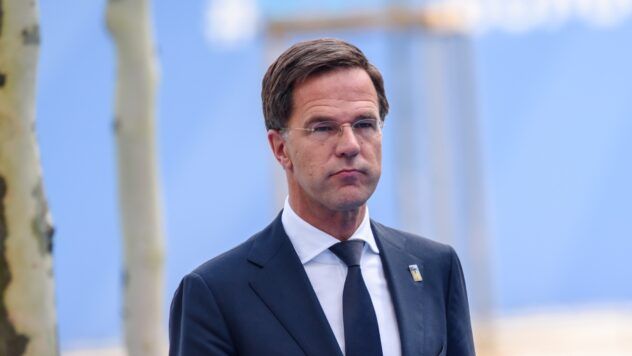
Spain intends to oppose NATO plans to raise the target level of defense spending for member countries to 5% of GDP.
This could become a source of serious disagreement with US President Donald Trump, who insists on increasing Europe's spending on its own security, Bloomberg writes.
Spain will not increase defense spending to 5%
Spanish Prime Minister Pedro Sanchez has written to NATO Secretary General Mark Rutte that he opposes a new initiative the alliance plans to approve at a summit next week.
Now watching
At a meeting in The Hague, leaders of NATO's 32 member countries will discuss transforming the alliance in response to the challenges posed by Russia's invasion of Ukraine and the likely reduction of US security commitments in Europe.
Washington is pushing for an unprecedented increase in defense spending and for European allies to take more responsibility for their own defense.
“Spain cannot commit to a specific percentage of GDP spending at this summit. For Spain, a target of 5% would not only be unrealistic, but also counterproductive,” Sánchez wrote in a letter dated June 19.
Sanchez is under intense pressure to accept the new position, according to people familiar with the talks, and the discussions are expected to last until at least the weekend.
Most NATO countries, especially those bordering Russia, already support the commitment to spend 5% of GDP on defense. However, a number of countries, including Spain, Italy, and Portugal, have expressed reservations about implementing the target. Spain is currently the only one that openly opposes such an increase.
Rutte plans to reach 5% of GDP by 2032
Rutte's initial proposal called for the target to reach 5% by 2032, but the deadline could be pushed back to 2035 at the request of countries such as Italy and Belgium.
Overall, the 1.5% target is intended to go toward defense-related spending, such as cybersecurity and infrastructure for transporting troops and equipment.
The criteria are broad enough that all allies can quickly meet that part of the plan, the sources said. But increasing base defense spending from 2 percent to 3.5 percent would be significantly more difficult to implement.
Under the process, NATO will review the forces and capabilities it deems necessary in 2029. That could give some flexibility to countries that spend the least, such as Spain.
In April, Sanchez announced that Spain would increase defence spending from 1.4% to 2% of GDP by the end of the year, but warned that he did not intend to exceed that level.
In a letter to Rutte sent on Thursday, he allowed for the possibility of an increase to a maximum of 2.1%.
Sanchez also faces domestic political pressure. Most of his political allies in the minority in parliament oppose increased military spending.
In addition, a corruption scandal involving two former advisers to Sanchez casts doubt on the government's ability to complete its term, which is due to last until 2027.

